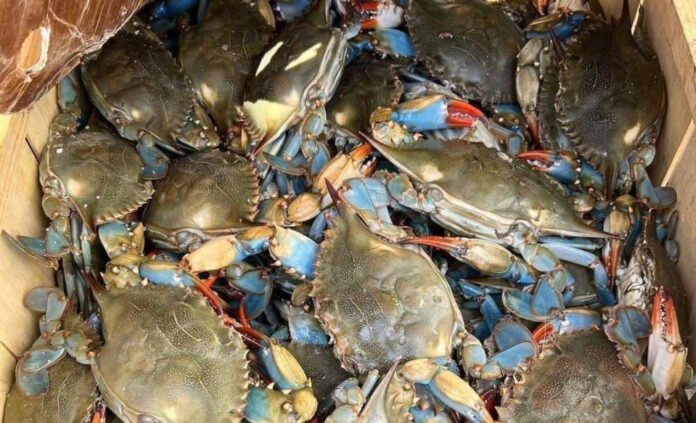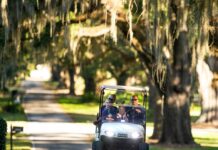South Carolina has added several modifications to its blue crab fishing rules set to take effect in 2025 to preserve the blue crab population. In the past few years, both recreational and industrial crabbers are reporting low numbers of blue crabs in our state’s waters.
Over the past few years, South Carolina Department of Natural Resources agency biologists and staff began compiling a report outlining the state’s blue crab population status, its commercial and recreational fisheries, and the results of public surveys on management options.
Other than over harvesting, a big part of the decline in blue crab population has to do with climate change and drier weather.
“There are many factors involved, but what we have been seeing since a drought starting in 2000, is when the declining numbers started to happen. And not only are we seeing those in South Carolina, but we’re seeing them region-wide across the South Atlantic,” said Director of the Office of Fisheries Management Ben Dyer during a recent interview.
The S.C. Department of Natural Resources has already informed commercial crabbers about the changes passed by the South Carolina Legislature, the agency said.
Most of the changes pertain to commercial fishers; however, SCDNR wants recreational crabbers to be aware of a few others.
The state has enacted a harvest limit.
Recreational crabbers can only harvest one bushel of crabs per day or two bushels per boat.
Crab pots have to have escape rings for undersized crabs. Single chambered pots need to have at least one escape ring and two-chambered pots must have at least two.
SCDNR has a tutorial for how to install escape vents on its YouTube.
Recreational crabbers will be allowed to purchase an annual enhanced recreational crab pot endorsement allowing them to fish up to five pots.
All changes will take effect July 1, 2025, and the modifications are an effort to enforce regulations on a fairly unregulated industry in South Carolina and put the state on par with neighbors.










